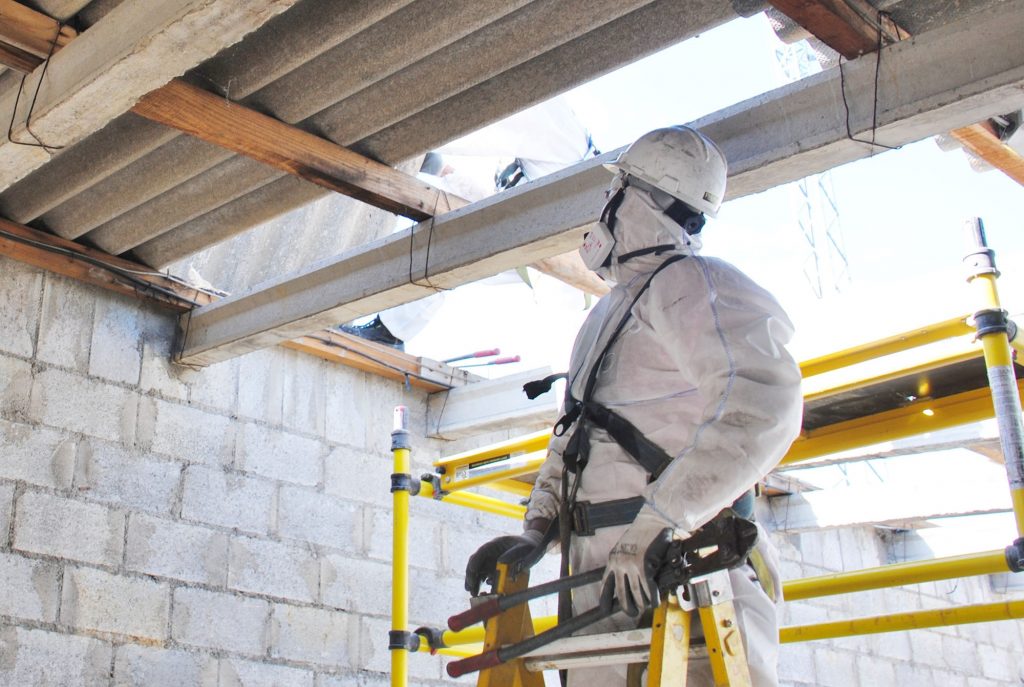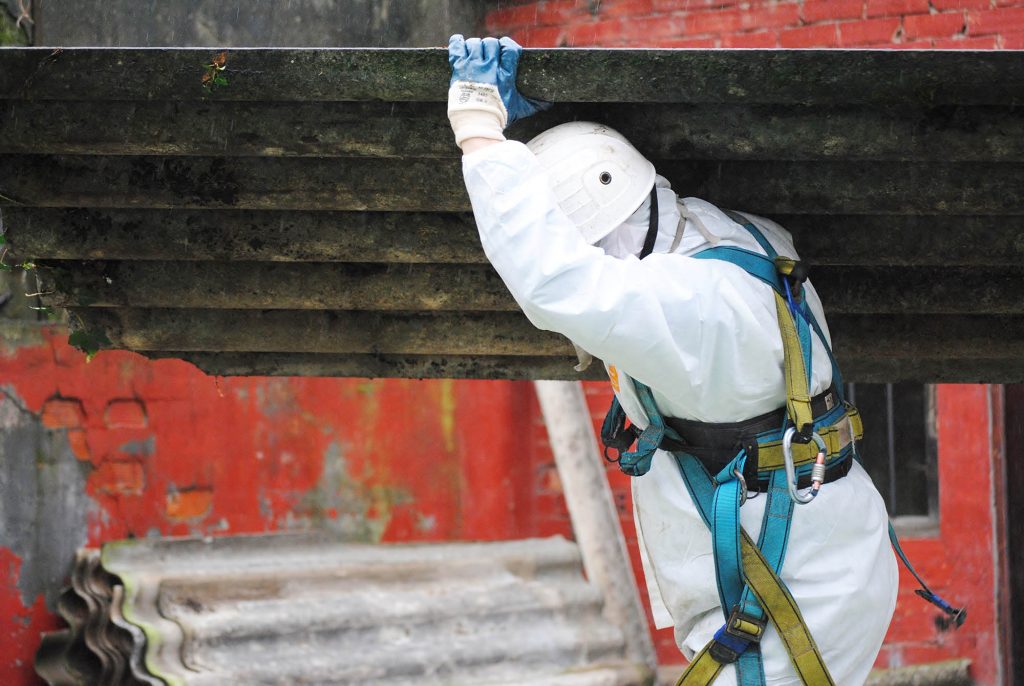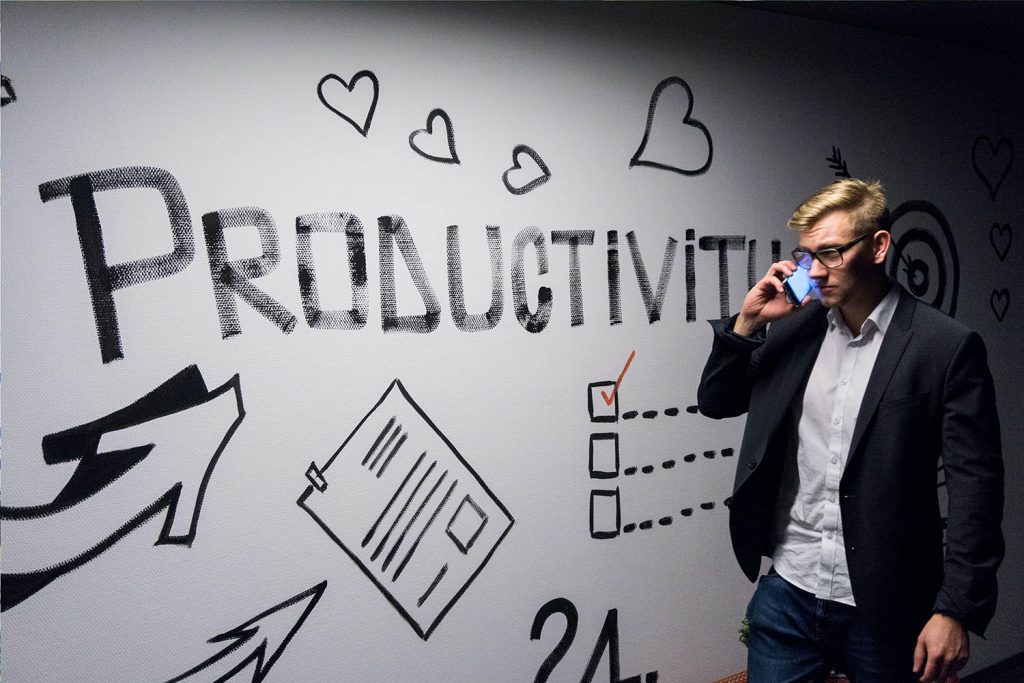Industrial Deafness — Claim Compensation for Work Related Hearing Loss
If you are suffering from industrial deafness, and think employer negligence is to blame, contact us now. We can help you establish if there is blame with our free claim assessment, provided under no-obligation. Call us on 08082391859^ to start your claim for compensation.
Industrial Deafness in the UK
UK industries have taken significant steps to reduce the impact of noise on employees’ quality of hearing in the last few decades. Without the immediate cause and effect seen in the form of personal injuries, industrial deafness, AKA industrial hearing loss, took a while to be seen as a real threat to workers’ health, with symptoms often taking years to fully manifest.
In more recent years, it is estimated that 21,000 people are suffering from work attributed hearing problems. Fortunately, there were only 55 new cases of occupational hearing loss recorded in 2018. The two numbers show that cases of deafness from work are decreasing, but clearly aren’t quickly apparent.
If you’re only recently realising a declining sense of hearing; or have been suffering from tinnitus or hearing loss for some time, and hold your workplace responsible — speak to our team. We’re on 08082391859^ if you’re able to talk, but you can also send us a message using our contact form to open a written dialogue with us.
Can I speak to a solicitor on behalf of a loved one who is suffering from hearing loss caused by work?
This is absolutely possible. We understand that conversing with a legal professional will be difficult for someone even partially deaf, especially if they are recently coming to terms with the condition. Feel free to call us on 08082391859^ whenever it is feasible to do so for expert guidance from our team.
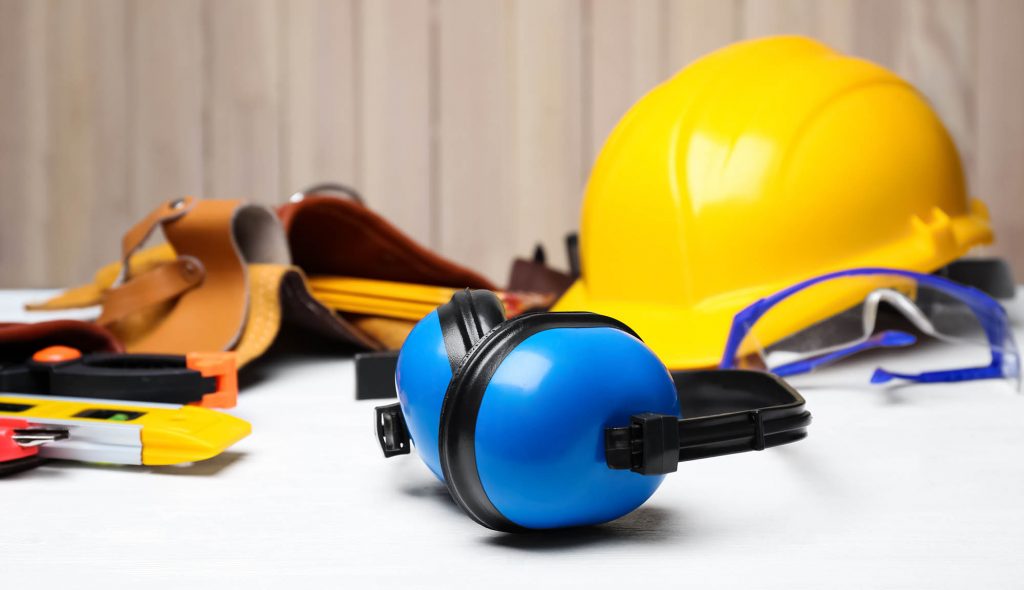
What is industrial deafness, how do you contract it and what does it do?
Noise induced hearing loss from a work environment is referred to industrial or occupational deafness, and is a type of industrial disease. High noise volumes, or sustained high decibel work environments, puts undue force onto our sensitive hearing organs. Sound produces a kind of ripple effect in the surrounding areas — or soundwaves. These waves reverberate though the air quickly, and the louder the sound, the more energy or force they have. It’s the continued high energy, or high-impact force that physically injures the ear. This can be in the form of a damaged ear drum or a constant ringing sound, in the vein of Tinnitus.
Whilst it doesn’t necessarily pose a threat to the lives of industry workers, it can seriously degrade the quality of life to those experiencing it. Total hearing loss makes verbal communication essentially impossible, whereas Tinnitus can cause suffers trouble sleeping as well.
Whatever your symptoms are, be they ringing, muffled sound, employers are regulated to have low-noise environments or protective equipment to mitigate the damage when that isn’t feasible. If your workplace hasn’t adequately done either, you may be entitled to claim compensation — get in touch to discuss your occupational hearing loss case with us.
What industries have workers that are most likely to develop noise induced hearing loss?
Generally, companies that use a lot of machinery or tools, or work with large-scale objects will encounter potentially damaging levels of noise. Damage does seem to be made worse in contained environments; whilst a tractor in an agricultural setting makes an awfully loud sound, being outdoors allows soundwaves room to travel, instead of booming off the walls in a factory for example. Some other industries at risk from industrial hearing loss are:
- Construction
- Manufacturing
- Mining & Quarrying
- Vehicle Repair
- Transport
- Arts, Entertainment & Recreation
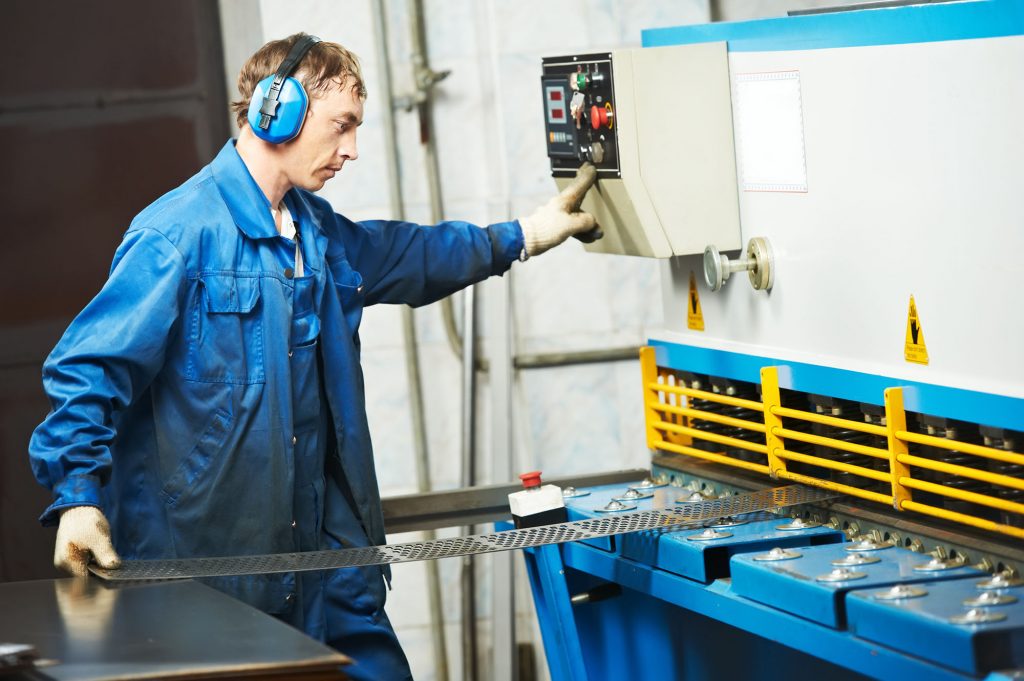
What can be done to reduce or prevent industrial deafness?
There is a lot of guidance on the HSE website in dealing with noisy workplaces — but the main takeaways are monitoring and protection. It’s fairly evident that if your job involves industrial drills or tools, there will be a degree of noise that can’t be mitigated — this is where personal protective equipment, or PPE, comes into play. Knowing what type of PPE will be effective at reducing noise is crucial. Whilst ear plugs might be okay for sound mastering a performance, continued impact noise will likely require noise-cancelling earmuffs.
If for instance it isn’t feasible to provide such equipment, as the work area doesn’t make a lot of high force sounds, it is usually an idea to keep an eye on the decibel levels. This is especially true in the printing and publishing industry. Whilst a short burst of high volume can be damaging, ongoing load sounds can be dangerous too. This is why headphone manufactures, and even mobile operating systems, have warnings in place for continuous music listening.
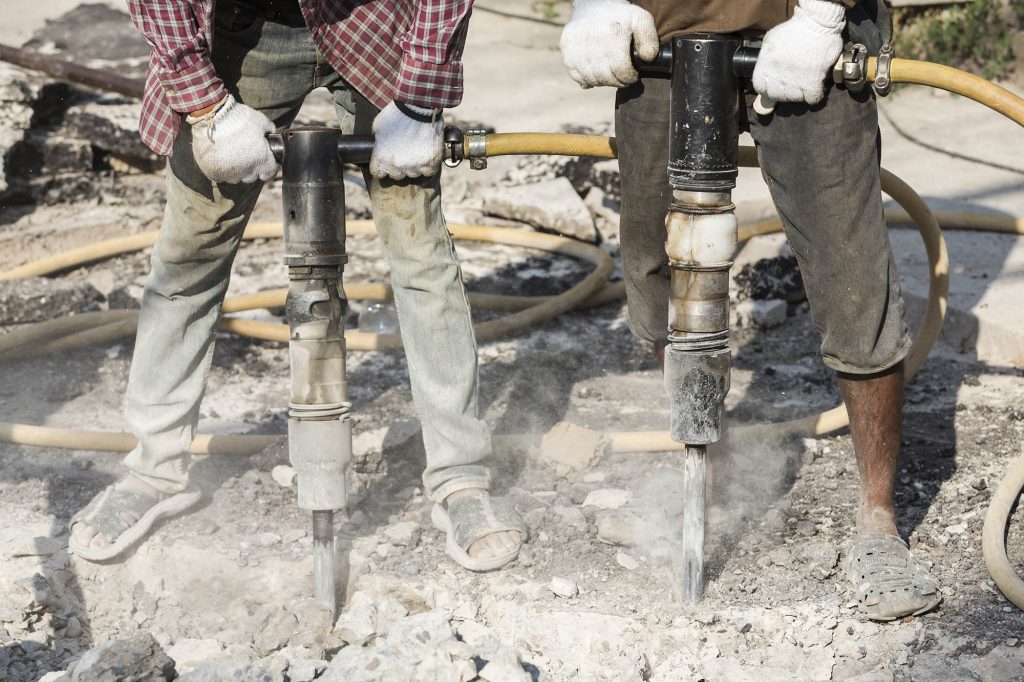
Training is also an opportunity for employers to educate staff of the potential dangers causing noise induced hearing loss. If your workplace hasn’t given you reason to be cautious of sound, then wearing PPE might feel optional even if it is provided.
Am I likely to have a case to claim compensation for industrial deafness?
If your employer has failed in their duty of care to you by not mitigating the potential risks of occupational hearing loss, you might have a case to claim compensation with our panel of solicitors. Get in touch whenever it suits you to discuss with our team the merits of your case.
What advantages do I have if I claim work-related hearing loss compensation with Workplace Injury Claims
- We have a team of technical qualifiers who can assess your claim for free. If they feel you have a case, we bring your claim to one of our panel solicitors — that way you don’t run up any legal fees by just asking questions.
- Our telephony team is open daily, and you can leave them a message with our contact form, and they’ll get back to you within a few working days.
- Our panel of workplace illness solicitors can work on a no win, no fee * basis, meaning again, you’re not drumming up expensive legal fees by claiming for your ill health.
- The Workplace Injury Claims team covers the whole of the UK, and you’ll be assigned to a panel solicitor depending on if you’re in England and Wales, or Scotland.
- We have a UK call centre, based in Manchester, and come from all walks of life.
- We have helped thousands of sick employees claim compensation.
- Not only that, but we fight for the maximum compensation for your occupational illness, because ultimately your job is to make the company successful, and they should ensure your health and well-being in exchange.
- When we calculate your claim amount, we factor in loss of earnings, general expenses and any ongoing costs incurred by your condition, so that you get the highest level of compensation due to you.
- We’re friendly, empathetic and here to help you however we can.

Get in touch with our solicitors today to find if and how much compensation you could claim for work-related hearing loss.
If you’re suffering from an industrial deafness because of your workplace, and your employer is at fault, get in touch today. Call our helpline on 08082391859^ to start your claim — we’re here to help.


